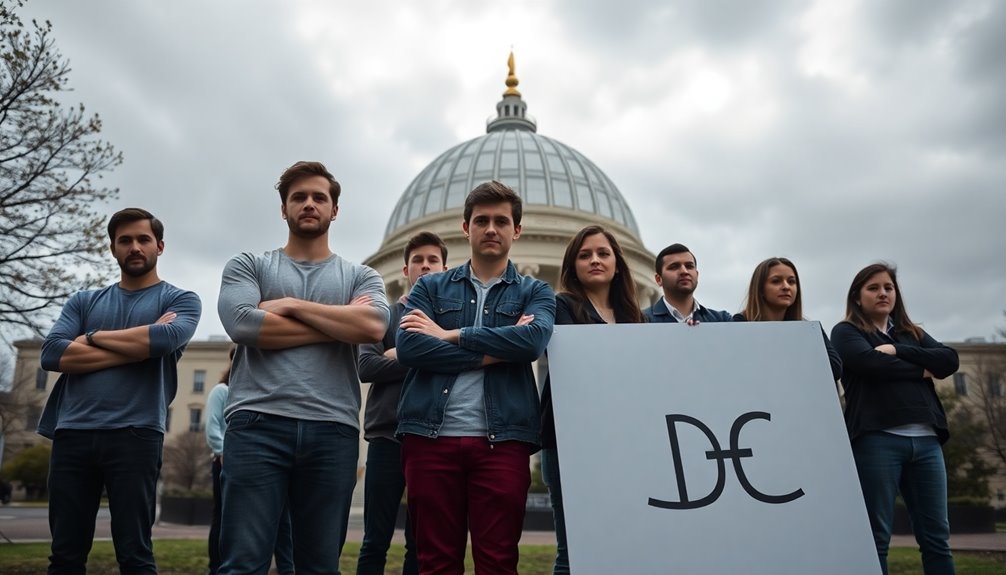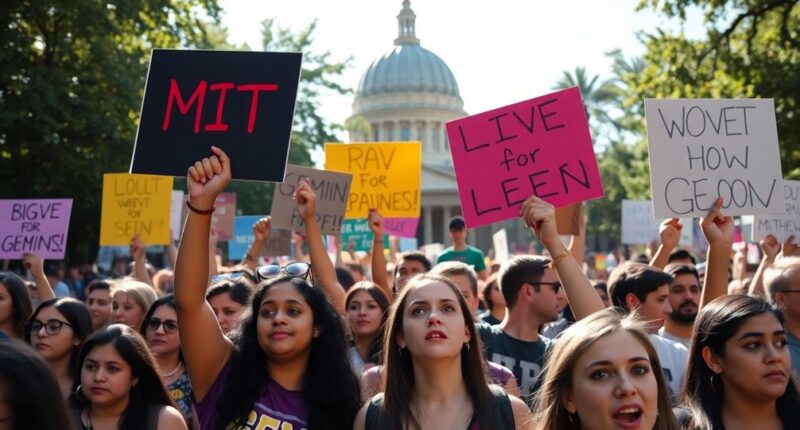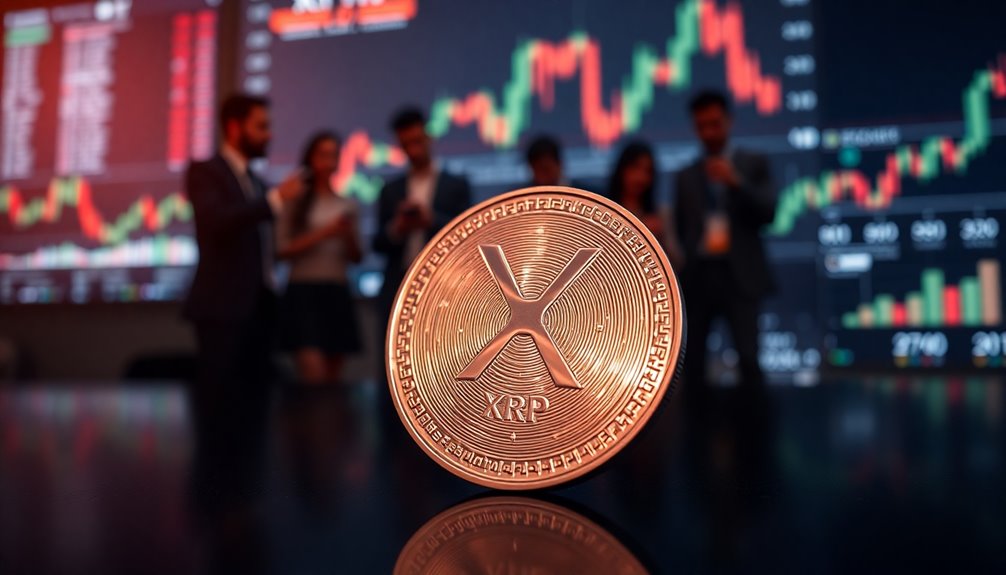Gemini's decision to boycott hiring MIT graduates is stirring up significant debate in the crypto community. This move follows MIT's rehire of Gary Gensler, a former SEC Chair whose regulatory stance has frustrated many in the industry. As tensions rise between crypto firms and regulators, you might wonder how this boycott could impact talent acquisition and innovation in the sector. What does this mean for the future of both MIT and the crypto landscape?

In a bold move that's shaking up the crypto landscape, Gemini has announced a boycott against hiring MIT graduates and interns, directly tied to the university's decision to rehire former SEC Chair Gary Gensler. This decision reflects a growing discontent within the crypto community regarding Gensler's past enforcement actions against various crypto firms during his time at the SEC.
With this boycott, Gemini's stance is clear: as long as Gensler is associated with MIT, they won't consider graduates or interns from the institution. The company's hiring policy specifically states that the university's termination of Gensler's teaching role is a prerequisite for any potential hiring of MIT graduates.
The backlash against Gensler's return is significant. Industry figures like Erik Voorhees have voiced their support for Gemini, encouraging other crypto firms to adopt a similar stance. This movement highlights the ongoing tensions between the crypto industry and regulatory bodies, as many feel that Gensler's actions have stifled innovation and progress within the sector.
While some view the boycott as a necessary stand against what they perceive as overreach, others argue it may be excessive and counterproductive, potentially alienating talented individuals who could contribute positively to the industry.
Gensler's role at MIT is set to focus on AI in finance, fintech, and regulatory policy, leading initiatives like FinTech AI @CSAIL. Yet, his past comments supporting crypto during his previous tenure at MIT have only added to the confusion and controversy surrounding his return.
For crypto advocates and some MIT alumni, Gensler's presence at the university feels like a betrayal, especially given his aggressive regulatory stance.
The implications of this boycott stretch far beyond Gemini. It signals a potential shift in how other crypto companies might interact with regulatory figures in the future. As the crypto community grapples with divisions over this issue, discussions are emerging about alternative strategies, including boycotting students who enroll in Gensler's classes.
The long-term effects of this boycott on MIT and the crypto industry remain uncertain. Will it inspire a larger movement against regulatory figures, or will it lead to further fragmentation within the community?
As the regulatory environment continues to evolve, Gemini's decisive action underscores the complexities and challenges that lie ahead for both the crypto industry and educational institutions like MIT. You can expect to hear more about this developing situation as it unfolds.









